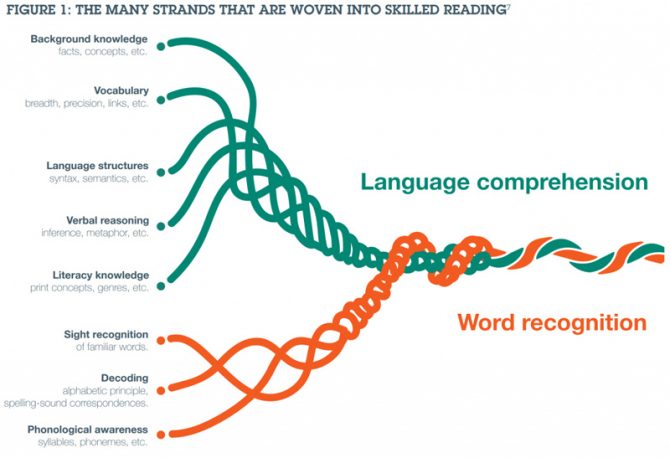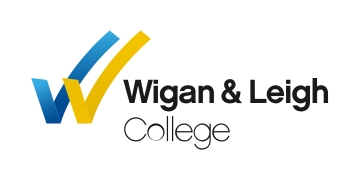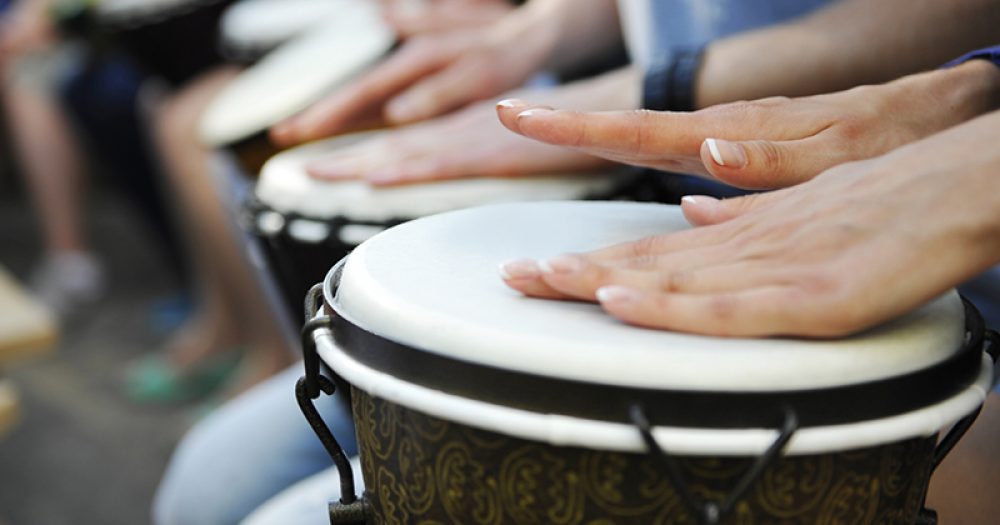Every month a school from the Research Schools Network – run by the Education Endowment Foundation and Institute for Effective Education – shares a research-based initiative it has implemented
Transition is big business at our school. Transition events begin with Year 5 visiting the school every few weeks for Crime Scene Investigation or drum school workshops; KS3 students work tirelessly as “transition ambassadors” and open evening is planned meticulously. It’s lovely. But sometimes it feels that the relentless focus on pastoral transition is, if not exactly missing the point, certainly missing a trick.
One of the main barriers that makes the journey into secondary education such a bumpy one for some of our new arrivals is literacy. How do they translate the literacy skills that they have learnt in primary into the brave new world of their secondary setting? What can secondary specialists with a plethora of subject knowledge but very little specific literacy training do to ease their journey?
There are significant changes in the literacy demands at key stage 3. Students move from one or two teachers to ten plus. The ILA 2015 report Disciplinary literacy strategies in content area classes throws light on why this is such a challenge.
Consider the different literacy requirements a student might encounter in a single day from reading a science text full of lengthy noun phrases and technical vocabulary (“gene replacement therapy”) to encountering a historical source they must interpret economically, politically or socially. In many ways, students are no longer learning to read, but reading to learn.
With so many differing demands, where can we begin? We could do far worse than the guidance provided in the EEF report Improving literacy in key stage two. The Scarborough reading rope, as reproduced in section two Support pupils to develop fluent reading capabilities, provides an excellent starting point.

Academic transition – particularly around literacy – deserves equal footing
Subject specialists can use the top five strands to help identify which areas need addressing in their subject. Below are two examples of how we can then use this research – and the corresponding advice given in the guidance report – to ease transition.
Background knowledge
Both Willingham in Why don’t students like school? and Lemov in Reading reconsidered argue that a student’s background knowledge is one of the strongest factors in predicting their reading comprehension. Their much cited example, “As the desert sun climbs overhead, the kangaroo rat burrows deep in the sand and rests until evening,” requires understanding of the power of sun in the desert, the connection between rising sun and heat, the notion that the earth is cooler below the surface, the idea that a kangaroo rat is a kind of rat (not some extraordinary result of cross breeding) and so forth. Obviously we cannot teach all the background knowledge our students need, but planning and pre-teaching of core contexts and concepts before a text is approached can ease this issue for our students.
Vocabulary
95 per cent of words in a text need to be understood to enable students to read well. Subjects with a high proportion of technical language can therefore present significant problems to a year 7 student struggling with literacy. Beck and McKeown’s 2013 work on vocabulary helps teachers identify the subject-specific tier 3 words that require explicit teaching for each topic. Once these are learnt and understood in context, 95 per cent may be within reach.
Furthermore, proper planning in this area can also prevent the confusion students feel when they encounter a word in an entirely different subject discipline. “Describe this river” demands a very different response in English to the one it does in geography. We may associate the teaching of morphemes as a key stage 1 approach, but consider the power of this in subjects such as science where the understanding of Greek and Latin roots would make decoding a genuine possibility.
In a climate where pastoral transition is rightly prioritised as an essential part of a students’ education, Improving literacy in key stage two is a timely reminder that for this journey to be successful, academic transition – particularly around literacy – deserves equal footing.








Agree entirely about the lack of literacy confidence and development during the transition from Primary to Secondary.
This phenomena is compounded for some ESL learners together with the 8 or more technical language required for specific subjects.
Together with the Rope which outlines the various aspects that need to be covered by the untrained secondary (as well as college tutors) it is not surprising that too many bright but underachieving learners join the NEETS, mainly because they have not had the strategies reinforced to enable them to access the whole of the secondary curriculum because it becomes too much overload at the same time.
A 6 hour LEAP and Lexonik.co.uk meta-cognitive programme with KS 2 – 4 subject based vocabulary has had some excellent research and feedback, providing confidence and strategies that support learners to move on, not stand still! Often becoming a nuisance in class, unable to understand and complete homework set in too many subjects with vocabulary they cannot access and then unable to move on into further education and/or training successfully.